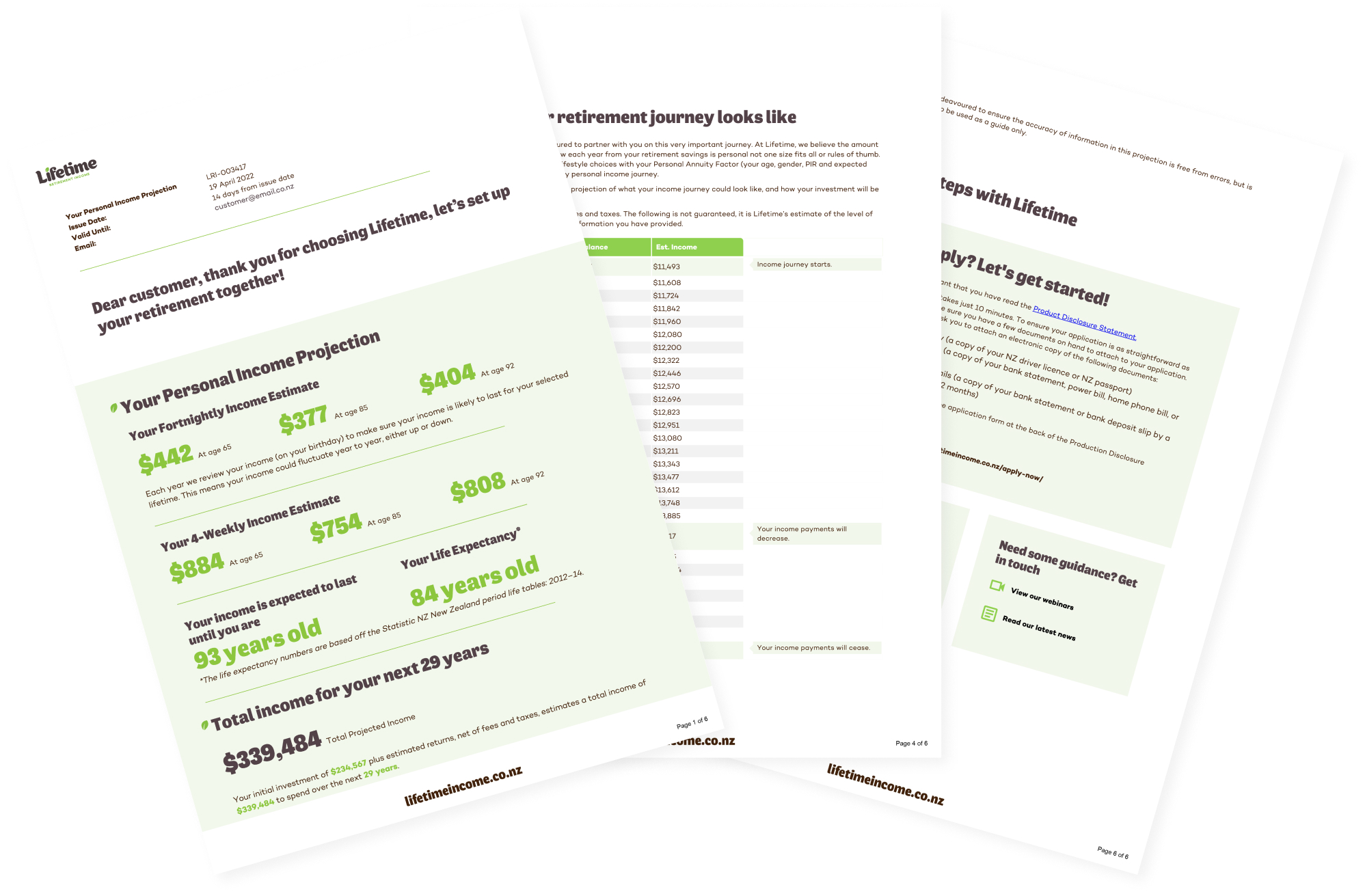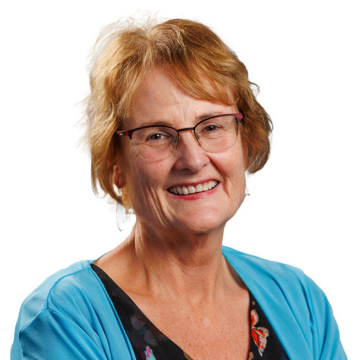Retirement Life
6 August 2025
Profile: Karen Billings-Jensen, Age Concern New Zealand
Karen Billings-Jensen has spent her career championing those too often overlooked - from vulnerable children to older New Zealanders. Now the Age Concern New Zealand chief executive wants to rewrite the narrative around ageing and shine a light on the critical, yet underappreciated, role seniors play in our society.
Could you provide us with a brief background about yourself and how you came to lead Age Concern New Zealand?
I’m a registered social worker with extensive experience in management and leadership across the non-governmental organisation (NGO) sector. I’ve been working in the community since 1991, spending about nine years at the Wellington City Mission, and then 17 years at Barnardos, the other end of the age spectrum. I've been at Age Concern New Zealand for three and a half years now.
What drew you to working with older people?
I think the issues are actually quite similar. There are issues around how both children and older people are perceived by general society, around having a voice, and ensuring they're heard. There is vulnerability at both ends of the age spectrum. Not all children are vulnerable, and not all older people are vulnerable, but there’s a subset that is. The recognition of both of those groups of people is something I’ve been quite passionate about throughout my life.
What are some of the issues you’re noticing seniors experiencing currently?
Project your retirement income.

Firstly, it's about changing the narrative; there’s a lot of debate around New Zealand Super, that it’s a burden, as opposed to focusing on the ongoing contribution of older people.
I think there are a lot of ageist attitudes out there through the media. It's the way we talk about older people and don't recognise that many are still continuing to work, but even those who aren't are still making a huge contribution to our communities - helping with their grandchildren with free childcare, all those kinds of things.
Another big issue is housing, in that we actually don't have a housing stock that people can age in. A lot of the new housing that's built is double-storey, which, if you do start to have mobility issues, is a challenge. A lot of the newer ones also have their bathrooms upstairs.
For those who own their own home, there are pressures around rates, insurance, electricity - the fixed costs and what that means for maintaining a home on a fixed income.
At the other end, there are those who are renting, and there’s a real challenge around the security of tenure. We want to encourage landlords to celebrate their older tenants and allow them to make improvements, such as installing a handrail, things that don't detract from the value, because we know that homeownership is dropping, and those in rental accommodation are increasing.
Then there is income and the cost of living. We're concerned about nutritional choices that people are making because, if you're only living on New Zealand Super, by the time you pay your fixed costs, the only movable part of your budget is food. So we’ve become quite concerned about people who are malnourished in our communities because they're not able to afford protein.
Another big issue is loneliness and social connection. We hear of people who stop going out places because they can't afford the public transport fee or to run their car. So anything that makes it difficult for people to continue their friendships and interact with the community is an issue.

Karen Billings-Jensen, Aged Concern New Zealand
That’s why it's really important that when we think about housing, we think about where it's located, how accessible it is to shops, to doctors, to the community. Because actually, a big part of people ageing in place is being connected to the people and places that they care about.
Then there is healthcare. It's the challenges around being able to have primary healthcare close to where you live, a doctor that you know, and being able to see the same doctor the next time you go. All of those really key things are quite important as you age.
Lastly, for us, it's elder abuse and the concern we have with older people who are made more vulnerable by the actions of those they should be able to trust. The two biggest forms of elder abuse are psychological and financial. And it is often family members who are behind this.
What changes have you noticed in attitudes and issues while you’ve been in this role?
My worry at the moment is that we're seeing more of a negative dialogue around the changing demographic. We all know we're going to have more older people compared to workers, so there's a lot of economic chatter around how we prepare for that.
What worries me is that the narrative starts to describe older people as a burden, as a drain, as opposed to huge contributors. But you know, the Meals on Wheels drivers are largely older people. The people running most of the voluntary organisations are largely older people. If we start to talk about them in a negative way, that can have an impact on how older people value themselves and think about themselves.
And in the world of work, we want there to be more options for people to continue to use their skills and experience if they want to and not retire. To have part-time jobs, to have mentoring roles, and to have opportunities to not lose their skills and experience. Because actually, in our workforce, we are going to be stuck without all those older workers. So, how do we create environments where they're valued and maybe only work part-time because they might still care for their grandchildren or want to play golf?
Is there a piece of advice you'd give your younger self about retirement now you've been involved in this sector?
I think it's to plan early, to plan for life. It's a bit trite to say, but it's around looking after yourself health-wise as well. It's looking after all aspects of your life so you can get to your later years ageing well with choices, with time to do things.
How much would you get a fortnight with Lifetime?
What’s the number one thing you're looking forward to spending time doing when you retire?
I want to just keep connecting, whether that's with other countries, with family, or with friends.
Have a question?
We would love to hear from you.
Postal Address
PO Box 10760, Wellington, 6140
Physical Address
Level 5, 139 The Terrace, Wellington Central, Wellington 6011


